Autism Spectrum Disorder, often known as ASD, is a complicated developmental disease that can have a negative influence on a person’s ability to communicate, interact socially, and behave in an appropriate manner. Even though every individual with autism is one of a kind, they all have the same requirement for individualized assistance and training that is specifically designed to meet their requirements. Children who have autism get through special education programs the tools they need to successfully navigate the world, realize their full potential, and live lives that are meaningful to them. In this essay, we will investigate the significant role that special education plays in the maturation and development of exceptional people by presenting concrete examples of its effects.
The Effectiveness of Personalization Program for Children with Autism Spectrum Disorder (ASD)
Imagine a school where the approach of “one size fits all” is substituted with one that is more individualized and inclusive; this is one of the many outstanding facets of special education. Every child diagnosed with autism contains a one-of-a-kind combination of strengths, weaknesses, and approaches to learning. Through the creation of individualized lesson plans that take into account each child’s distinct capabilities and requirements, special education acknowledges and celebrates the diversity that exists in the world. With the use of this individualized educational approach, teachers are given the ability to design classroom activities that help students reach their full potential.
This personalised educational approach bears tremendous value for autistic children, particularly for those autistic youngsters who may struggle with typical teaching approaches. It is possible for educators to create a learning environment that is engaging, meaningful, and productive by first determining the individual interests of their pupils and then expanding upon those interests. The result is youngsters who are enthused about taking part in a variety of activities, who passionately work toward accomplishing their objectives, and who cultivate a profound passion for education.

Structured for Success
Children who have been diagnosed with Autism Spectrum Disorder (ASD) stand to gain a great deal from having their daily activities structured in a manner that is predictable. A good number of these youngsters do best in surroundings that are exceptionally well-organized, like those that are typically utilized in special education programs. They are able to have a sense of safety and control over their learning journey when they are in such controlled settings as a result of clearly defined routines, visual schedules, and predictable expectations. This is due to the fact that the routines and schedules can be seen. As a direct consequence of this, they are better able to concentrate on their own growth and education, which in turn leads to a reduction in their levels of anxiety.
In addition, structured surroundings are a critical component in the process of assisting in the development of important life skills. These abilities are vital for fostering independence and creating the groundwork for a future in which individuals with ASD will be better able to take care of themselves and are necessary for laying the framework for that future. A few examples of these transferable talents include the capacity to stick to a daily routine and an understanding of the sequential processes that are needed in accomplishing a variety of jobs.
Fostering the Development of Social Abilities
Communication is vital for human connection, yet many children with autism face challenges in this area. Special education places a strong emphasis on developing effective communication skills in these children. Educators have a range of strategies, such as visual supports, alternative communication systems, and social communication interventions, to help these students connect with the world.
Through special education, children with autism learn to express their preferences, desires, and emotions, enabling them to engage meaningfully with others. This newfound ability not only boosts their sense of agency but also strengthens their connections with peers, teachers, and family members.
Behavioral Triumphs
Social interaction can be challenging for children with Autism Spectrum Disorder (ASD), as they may struggle in social settings. Special education recognizes this challenge and dedicates resources to foster social skills development. Children are provided with guidance on managing emotions, sharing, taking turns, and navigating social situations through tailored interventions.
Participation in special education programs creates a secure environment where children acquire the tools to connect confidently with peers and the broader community. These skills extend beyond making new friends; they are the foundation for building lasting connections that can enrich their lives in significant ways.
The Importance of Inclusion in Closing the Gap
nclusion transcends mere trendiness; it represents an educational approach that bridges the divide between children with autism and their neurotypical peers. Special education plays a pivotal role in enabling children with autism to join mainstream classrooms, fostering a sense of belonging and acceptance. This not only benefits children with autism by providing opportunities for social interaction and exposure to peer role models but also nurtures empathy and understanding among their neurotypical classmates.
A Collaborative Journey
Collaboration among educators, parents, and members of the community is necessary for the process of empowering children diagnosed with autism through the use of special education. The development of Individualized Education Plans (IEPs), which can be thought of as roadmaps for a child’s educational journey, is highly dependent on the active participation of parents in the capacity of important partners. This coordinated effort ensures that the child’s needs are constantly satisfied, helping to bridge the gap between the child’s environment at school and at home.
The utilization of individual strengths
The scope of special education extends beyond the remediation of deficiencies; rather, it places an emphasis on developing and capitalizing on an individual’s abilities. There are a lot of children with autism who have one-of-a-kind skills and areas of fascination that, if they are developed properly, can lead to some truly incredible accomplishments. Through the utilization of a wide variety of cognitive strengths, such as remarkable memory, precise attention to detail, and intense specific interests, special education enables students to develop these abilities into significant assets that contribute to academic achievement.
Investing in Tomorrow
The function of special education shifts to accommodate the changing requirements of autistic individuals as they enter adulthood in order to meet the growing demands of this population. Planning for the transition from school to life after graduation, with an emphasis on preparing students for the obstacles that they will face in the future, should be a central focus of attention. This includes activities such as increasing their education, participating in vocational training, finding employment, and polishing the key skills required for independent living such as cooking, cleaning, and budgeting. Individuals who have been diagnosed with autism benefit greatly from receiving special education because it equips them with the life skills they need to confidently go on to the next stage of their journey. This is one of the most important roles that special education plays in the lives of autistic people.
Conclusion
In conclusion, special education acts as a ray of light, guiding children who have autism towards a future that is brighter and more promising. It acknowledges their one-of-a-kind requirements, rejoices in their accomplishments, and cultivates an atmosphere that supports and encourages their growth. These extraordinary children receive the resources they need to overcome obstacles, exceed expectations, and thrive as a result of the tailored instruction, the growth of social skills, increased communication, and collaborative efforts with families and communities that are a part of special education. Every kid who has been given a diagnosis of autism possesses vast unrealized potential, and the only way for this potential to be realized to its fullest is through the transforming power of special education.
Watch the video from Tel Aviv University (TAU), Israel below to learn more about Personalized attention and cognitive control training for children with Autism Spectrum Disorder (ASD)
Pic Credit for this article: Freepik
Video Credit for this article: Tel Aviv University (TAU), Israel
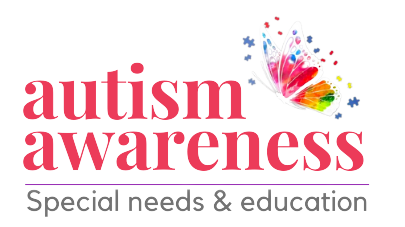
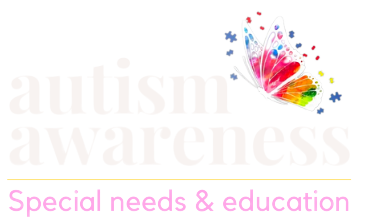

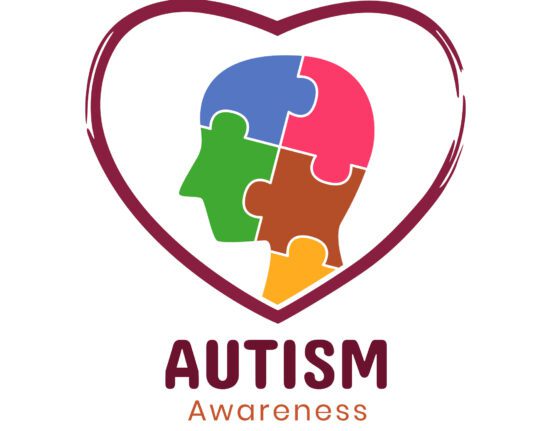



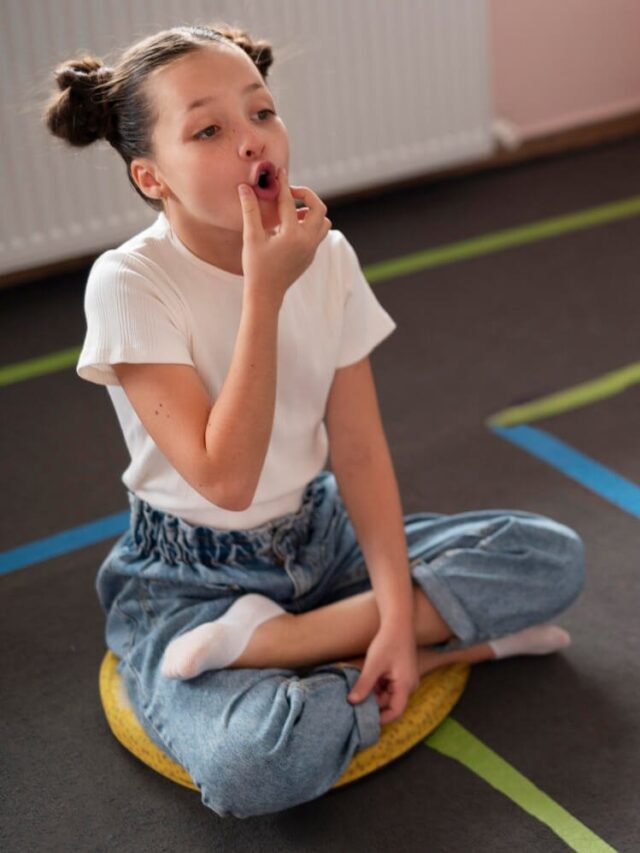

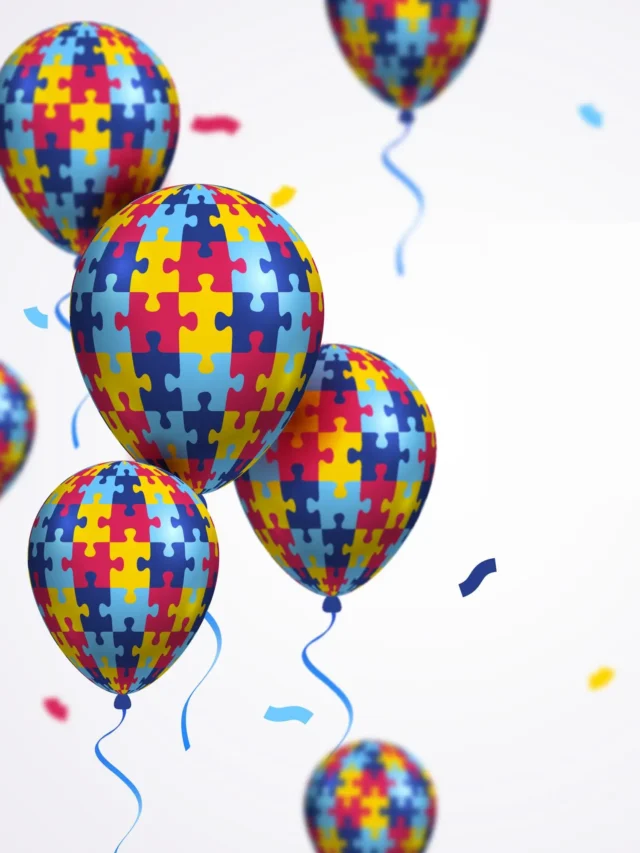
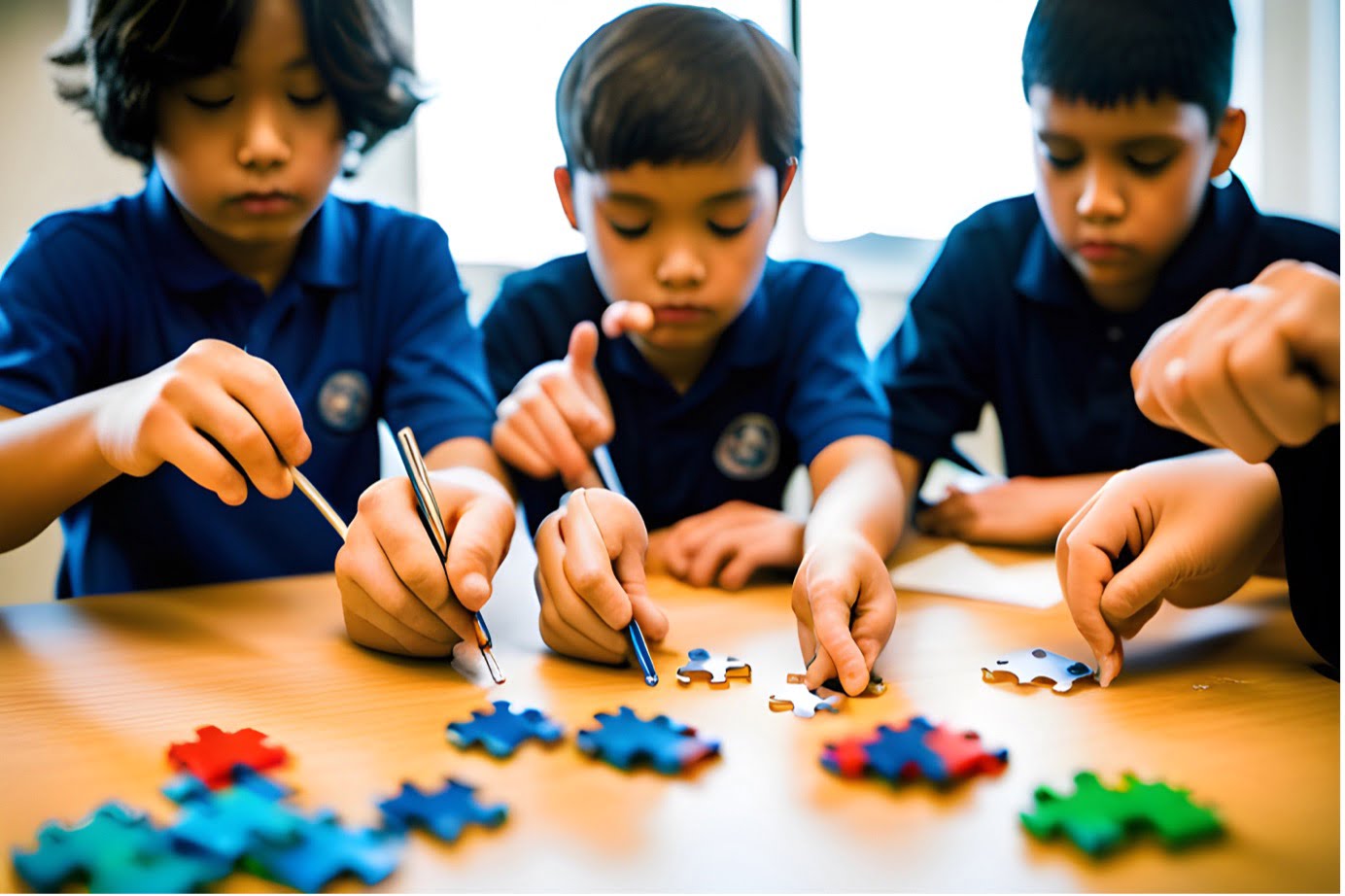
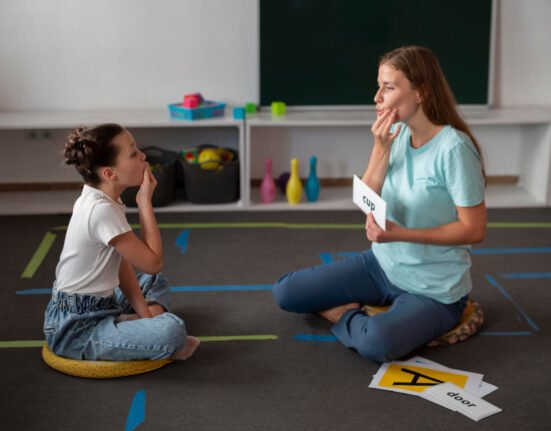
Leave feedback about this